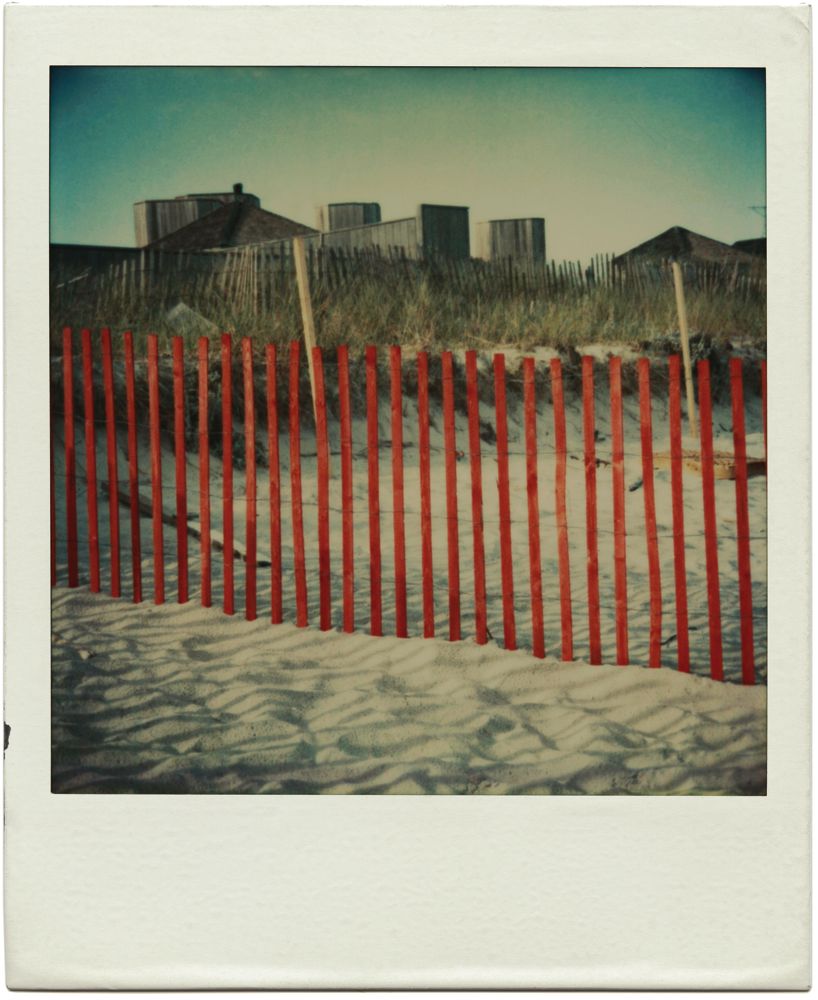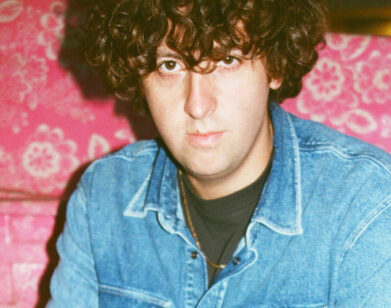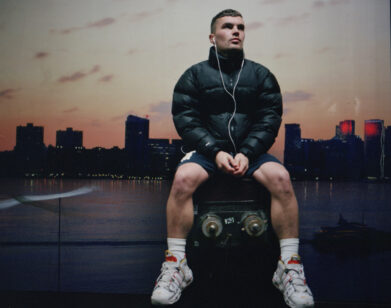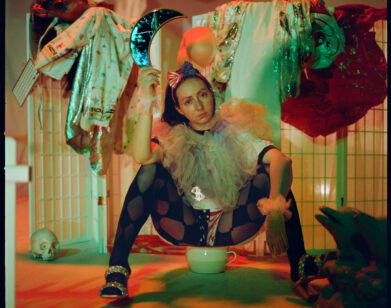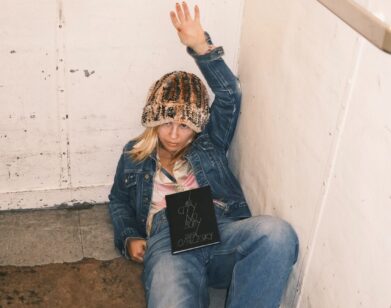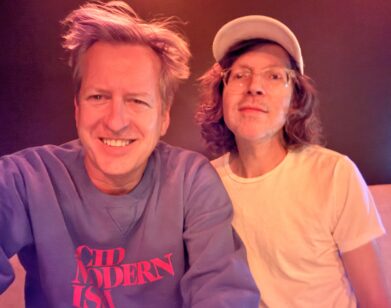Boys of Summer
“I wanted to make a book about these people that’s going to be interesting 100 years from now,” says Tom Bianchi of his new volume, Fire Island Pines: Polaroids 1975-1983 (Damiani), which depicts eight summers of gay life on the Long Island sandbar. “In taking the photos, my first mission was to show that boys like me knew they had a place to go, and the second was to let the world know there was nothing threatening about us,” says Bianchi of his intimate, sun-dappled images. The book’s subjects—shown frolicking at the beach, lazing in bed, dancing, holding each other, and hanging out in modernist beach houses—are palpably exhilarating, and the sense of joy is so immersive that it’s easy to forget, if just for a few minutes, the waiting epilogue that struck the gay community soon after. “The book has for me a profound emotional resonance,” says the 67-year-old photographer, who lives in Palm Springs but still spends several weeks every summer on Fire Island. “I’m looking at myself and many other young men who were vividly alive and celebrating their freedom for the first time.”
That celebration, of course, involved easy sex, which is imprinted throughout the book in the group shots of beautiful men who seemed to live primarily in and out of Speedos. “Being a sort of horny devil, I can remember a beautiful figure emerging from the surf, saying ‘Hi,’ getting a smile back, and finding your life transformed in a moment,” says Bianchi. “It was about the connectivity. I tried to give a sense of the world we lived in. I found very strong connections between us, our style and the place—you would never attempt a community anywhere but in a place that beautiful.”
Bianchi took a prototype of the book to a major publisher in 1980; editors loved it but the sales team blanched and quashed the project. In the years since, Bianchi became known as one of the premier horny devils of male-physique photography via a number of art books devoted to the classic nude. “But I always knew the time would come for the Fire Island book,” he says. “I hope it’s available to a younger audience who can see how gay freedom started and what it looked like.” Bianchi takes a freighted pause. “I can’t say we martyred ourselves. We had no choice. The world was too beautiful, and we had too much fun.”

